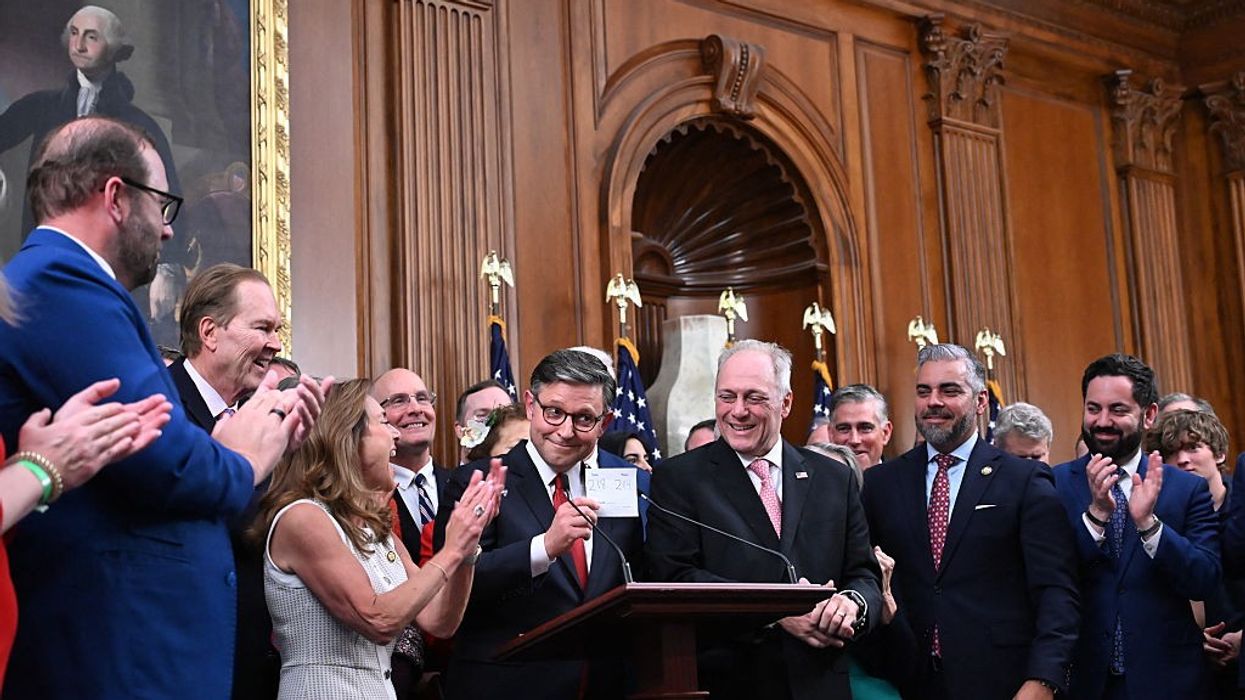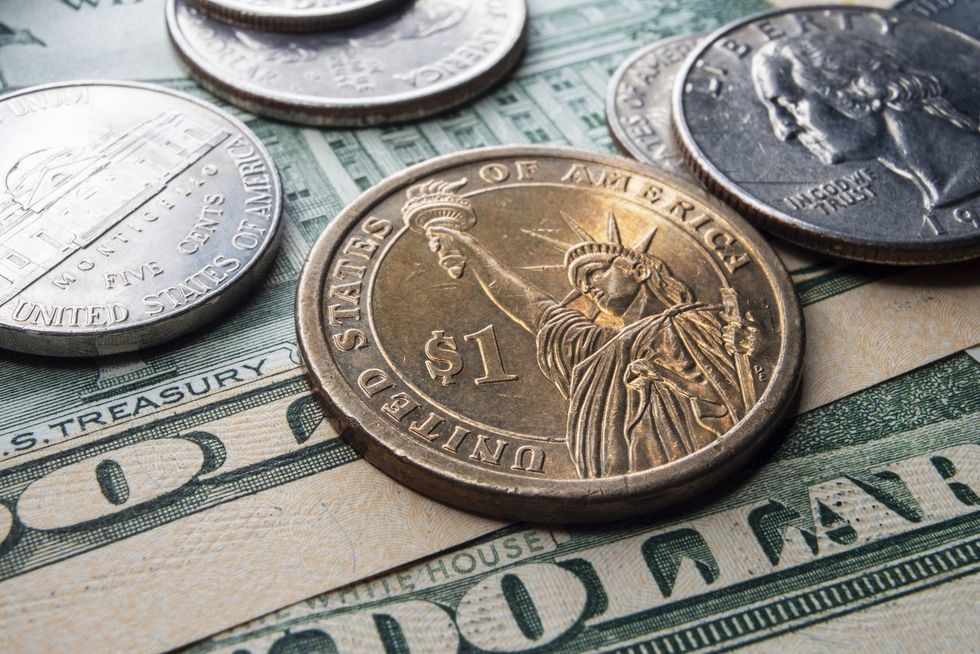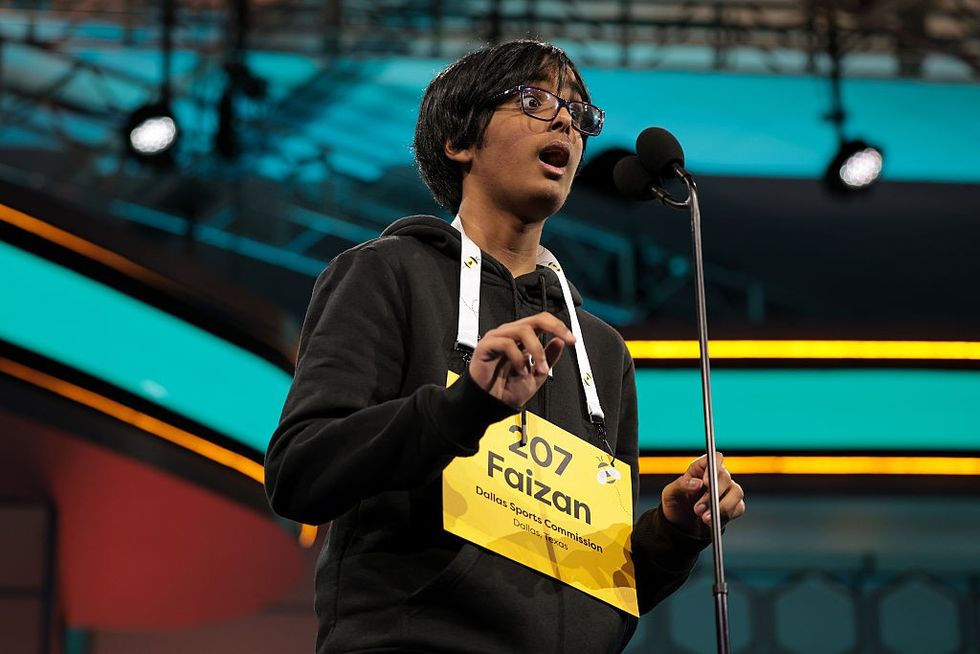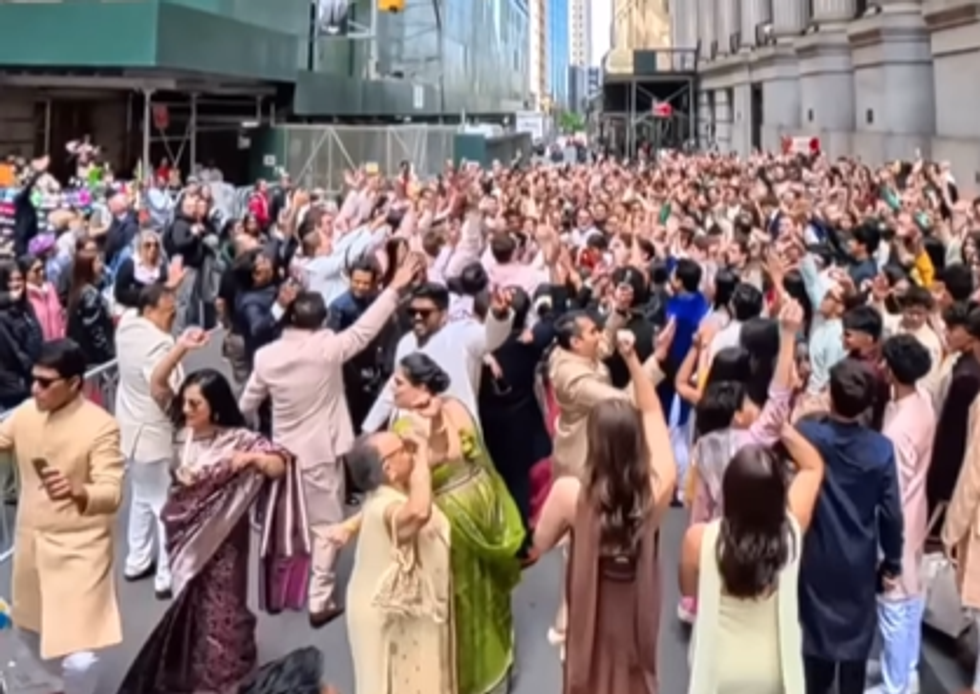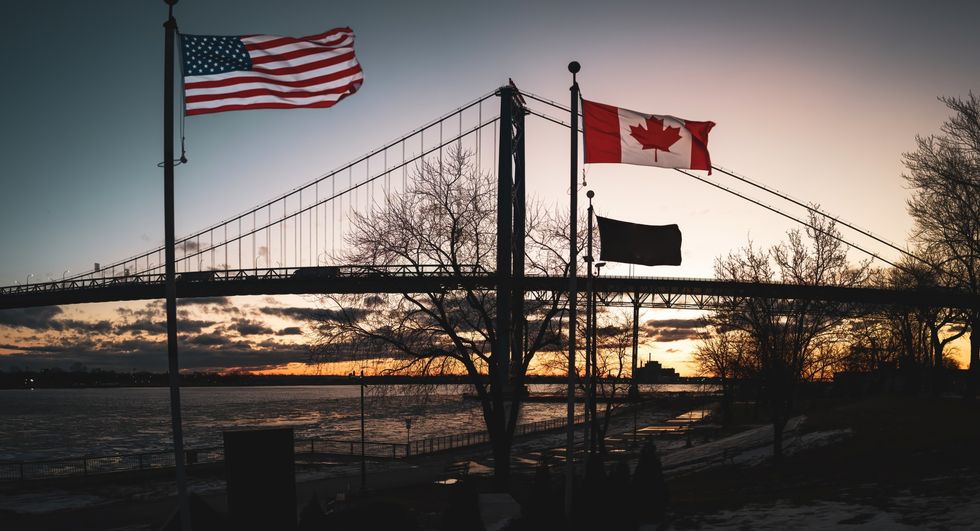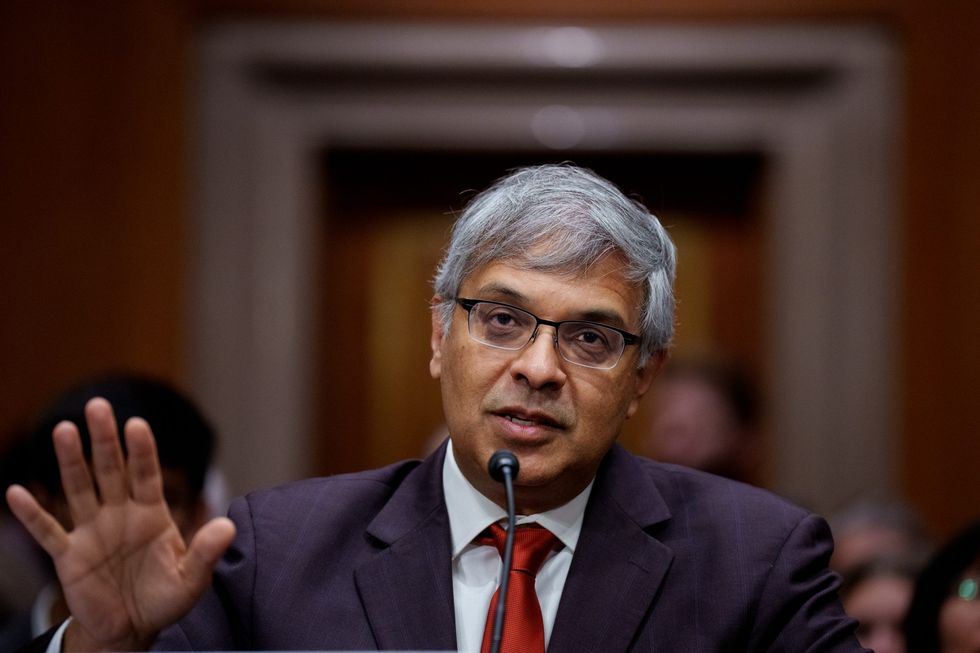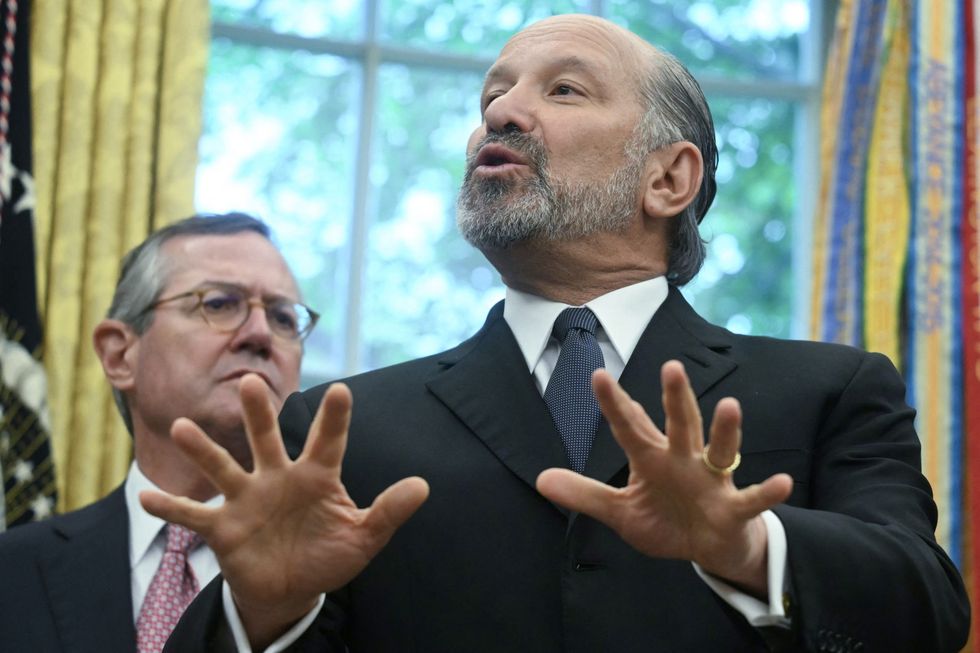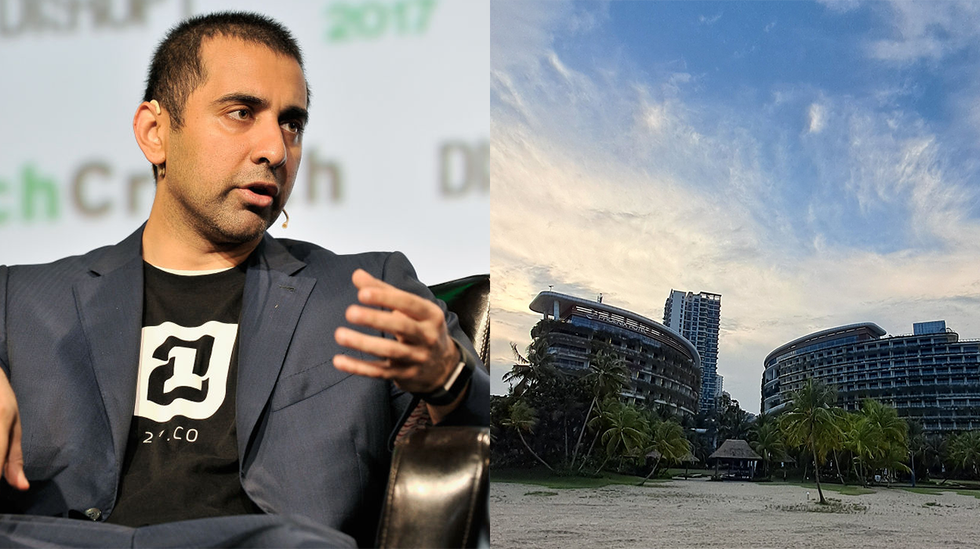INDIA is urging the UK to agree to a diluted trade deal as the clock ticks down to finalise an agreement before elections due in both nations this year.
According to senior British officials, Delhi is aiming to ramp up political pressure on trade secretary Kemi Badenoch to settle on a deal before negotiations pause for Indian election campaigning in the upcoming weeks.
Nonetheless, they said that the terms proposed by the negotiating team fall notably below what ministers would find acceptable and do not offer substantial new entry into Indian markets.
“They want a paper deal to wave and say look what we have achieved,” a source in Whitehall was quoted by The Times as saying. “But we are not prepared to sign up to something that is basically worthless.”

Read: ‘Hard work’ needed to secure India trade deal, says Sunak
Government sources highlighted a recent gathering in Delhi between Indian commerce and industry minister Piyush Goyal and the shadow foreign and business secretaries from the Labour Party as a sign of an effort to push for a deal.
One of the sources said it was India's tactic to use the opposition party to create pressure on the Conservative government, the report added.
"The Indians are trying to use Labour to put pressure on us domestically," one source was quoted as saying by the website.
Read: Will only agree India trade deal that works for UK: Sunak
They further noted that briefings from the Indian side consistently hinted at an imminent agreement, which they interpreted as a tactic to compel the UK into agreement.
One of the government sources said that there was "no meaningful progress" despite continuous talks between the British and Indian teams since 2024 began.
Britain is advocating for India to substantially lower tariffs on UK exports, including food, cars, and whisky, which can presently reach as high as 150 per cent. Additionally, the UK seeks enhanced opportunities for British service providers in sectors such as accountancy, architecture, and technology in India, projected to become the world's third-largest economy by 2050.
Conversely, Delhi is concerned by the fact that Indian workers on business visas in the UK are required to pay national insurance, despite being ineligible for UK pensions or social security benefits.
New Delhi is trying for a social security agreement similar to deals that the UK has with countries such as Canada, France and Australia. The UK grants skilled worker visas to nearly 50,000 Indians annually.
India is also seeking a firm commitment that Indian students will be permitted to remain in the UK for two years post-graduation. However, this presents a political challenge for prime minister Rishi Sunak, given internal Tory apprehensions regarding migration.
A disagreement has also emerged regarding whether Indian whisky can be labeled as such in the UK.
According to one source in the UK, the main obstacle stems from India's reluctance to significantly liberalise its economy. While India expresses interest in trade agreements in principle, it appears less willing to commit to substantial changes in practice.
With elections scheduled in India by May and in the UK by the end of this year, both sides acknowledge the limited time available to address these contentious issues.
One source suggested that the deadlock might only be broken through a direct agreement between Sunak and his Indian counterpart Narendra Modi, who is seeking his third straight mandate this year.


